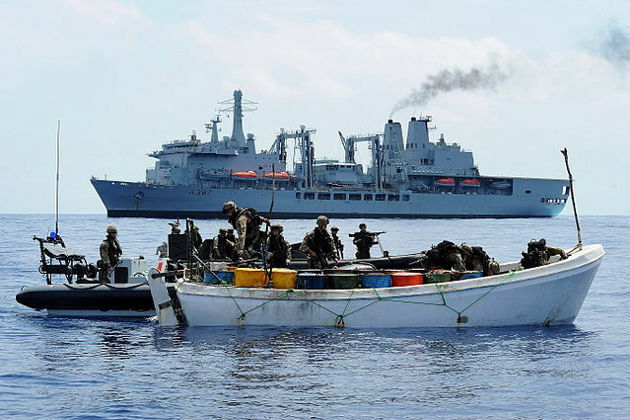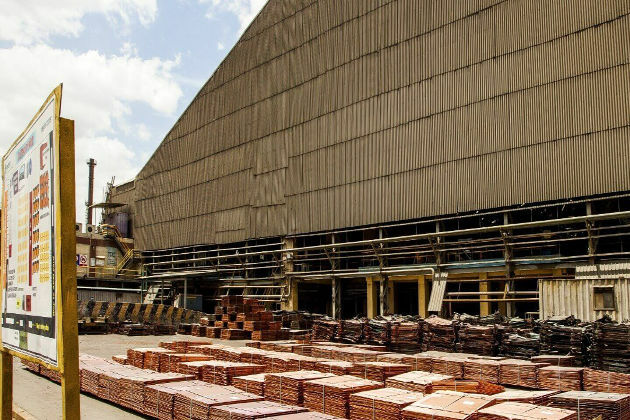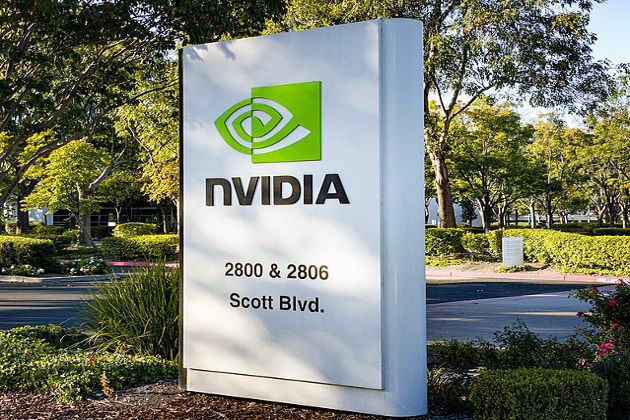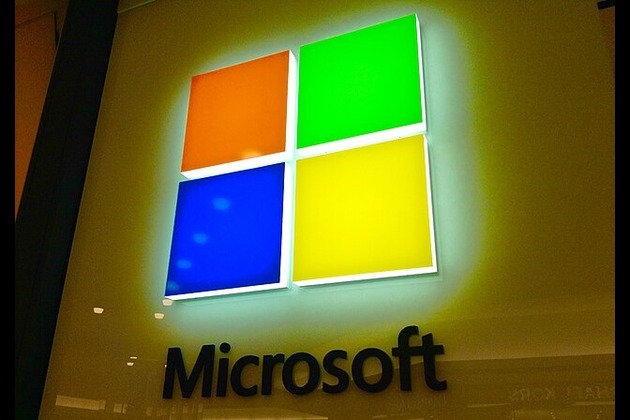DA introduces Halal program to Iligan City residents
Philippine Information Agency
14 Dec 2019, 18:08 GMT+10
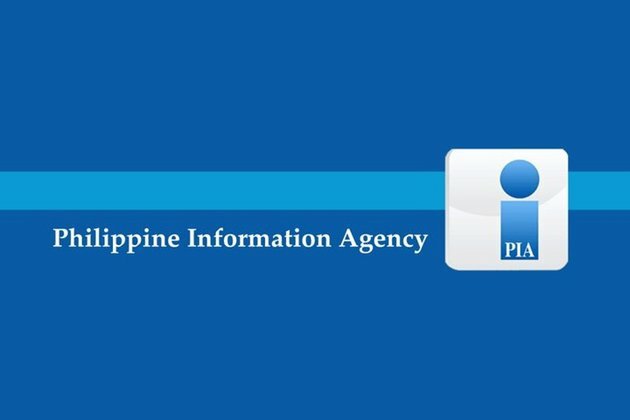
ILIGAN CITY, Dec. 12 (PIA) -- Together with the office of Congressman Frederick W. Siao, the Department of Agriculture (DA) presented its Halal Food Industry Development Program to entrepreneurs, students, teachers, and Maranao residents of Iligan City during the Halal Investment Forum, December 11 at the BFF Training Center, Barangay Luinab, here.
The Halal program aims to develop a globally competitive Philippine Halal agri-fishery sector by increasing production and market access of Halal agri-fishery products.
The legal basis of the program is Republic Act 10817 or the Philippine Halal Export Development and Promotion Act, which instituted the Philippine Halal Export Development and Promotion Program and created the Philippine Halal Export Development and Promotion Board, the program's policy-making and implementing body.
The DA's program has several components, including increasing public awareness on Halal; capacitating stakeholders through trainings, technology demonstrations, and information dissemination; promotion of Halal standards; establishment of a Halal hub; and providing linkages with other countries for technology transfers and skills.
DA Halal Focal Person Cheddy V. Ansale said it would be good to have a Halal hub established in Iligan city. "Sa Region 10, wala pa ta'y Halal hub or facility na certified Halal (In Region 10, we still have no Halal hub or any Halal-certified facility). Kung duna gyud need sa isa ka area or LGU (If an area or LGU needs one), we might as well propose it to the central office or Halal program," she said.
"Amo ning gi-target nga dinhi gyud sa Iligan ang i-propose nato nga Halal hub kay naa dinhi ang demand. Naa dinhi ang buyers and Halal consumers," she added.
(We are targeting Iligan City as the location of the proposed Halal hub because the demand exists here. Here is where the buyers and Halal consumers are.)
She discouraged businesses from making Halal claims about their products when they have not been certified by legitimate bodies. "Production gyud ta magsugod. Dili pwede magbutang lang ta sa atong restaurant ug produkto ug Halal-certified kung ang ang imong produkto gikan sa pagpadako, pagtanum dili diay Halal-certified. Sama sa manok, muingon ka nga Halal imong lechon manok, pero ang gipakaon diay sa manok, dili Halal. Imong poultry, dili Halal. Dapat naa gyud ta gi-follow na Halal standards."
(We should start at the production stage. We shouldn't put Halal-certified labels on our restaurant or products if our products are not Halal-certified even from the production stage. For instance, you claim that your chicken products are Halal, but the chickens were not fed Halal food; your poultry is not Halal. We should strictly follow Halal standards.)
She added that organic farming practitioners can easily transition into Halal. "Ang organic-certified products dali ra ma-convert into Halal. Kaning mga practices na gi-require sa organic, gi-require pud sa Halal. So dali ra siya ma-convert. Mao nang mga kani mga organic practitioners nato na farmers, hopefully, ma-convert na sila to Halal," she said.
(It is easy to convert organic-certified products into Halal. The practices required in the organic certification are also required in Halal. So, conversion to Halal becomes easier. Hopefully, our organic farmers will convert into Halal.)
"Gi-invite nako ang mga entrepreneurs na mag-invest sa Halal. Muagi lang ta sa legitimate certification process. Dili ta magbutang ug Halal kung dili ta certified by recognized Halal-certifying bodies. Dako gyud ang market sa Halal, especially diri sa Iligan," she added.
(I invite the entrepreneurs to invest in Halal. We just need to go through the legitimate certification process. We should not put Halal labels if we are not certified by Halal-certifying bodies. There is a big market for Halal, especially here in Iligan.)
The Halal program is one of the DA's banner programs. Other programs are on rice, corn, high-value crops, livestock, and organic agriculture.
Halal is an Arabic word that means lawful or permitted. In the context of food, Halal foods are those that are: 1) free from any component that Muslims are prohibited from consuming according to Islamic law (Shariah), and 2) processed, made, produced, manufactured and/or stored using utensils, equipment and/or machinery that have been cleansed according to Islamic law.
The Halal Investment Forum was organized by the DA and the office of Cong. Frederick W. Siao in partnership with the Chamber of Commerce and Industry Foundation of Iligan, Inc. and Iligan Hotels and Resorts Restaurants Association (IHARRA). The forum aimed to bring a greater understanding of Halal practices and investments to the residents of Iligan City. (Iligan LGU/PIA10)
 Share
Share
 Tweet
Tweet
 Share
Share
 Flip
Flip
 Email
Email
Watch latest videos
Subscribe and Follow
Get a daily dose of North Carolina Daily news through our daily email, its complimentary and keeps you fully up to date with world and business news as well.
News RELEASES
Publish news of your business, community or sports group, personnel appointments, major event and more by submitting a news release to North Carolina Daily.
More InformationUS
SectionFilmmaker joins biotech effort to bring back extinct giant bird
WASHINGTON, D.C.: Filmmaker Peter Jackson's lifelong fascination with the extinct giant New Zealand flightless bird called the moa...
Houthis attack cargo ship in Red Sea, raising maritime safety fears
DUBAI, U.A.E.: A cargo ship flagged under Liberia, known as the Eternity C, sank in the Red Sea following an attack executed by Yemen's...
India seeks WTO nod for retaliatory tariffs on US
NEW DELHI, India: India has submitted a revised proposal to the World Trade Organization (WTO) in Geneva to implement retaliatory tariffs...
Trump administration restarts Ukraine arms deliveries
WASHINGTON, D.C.: The Trump administration has started sending some weapons to Ukraine again, just a week after the Pentagon told officials...
AI boom propels Nvidia to historic market cap milestone
SAN FRANCISCO, California: Nvidia, the Silicon Valley chipmaker at the heart of the artificial intelligence boom, this week briefly...
AI saves $500 million for Microsoft as layoffs reshape strategy
REDMOND, Washington: Artificial intelligence is transforming Microsoft's bottom line. The company saved over US$500 million last year...


